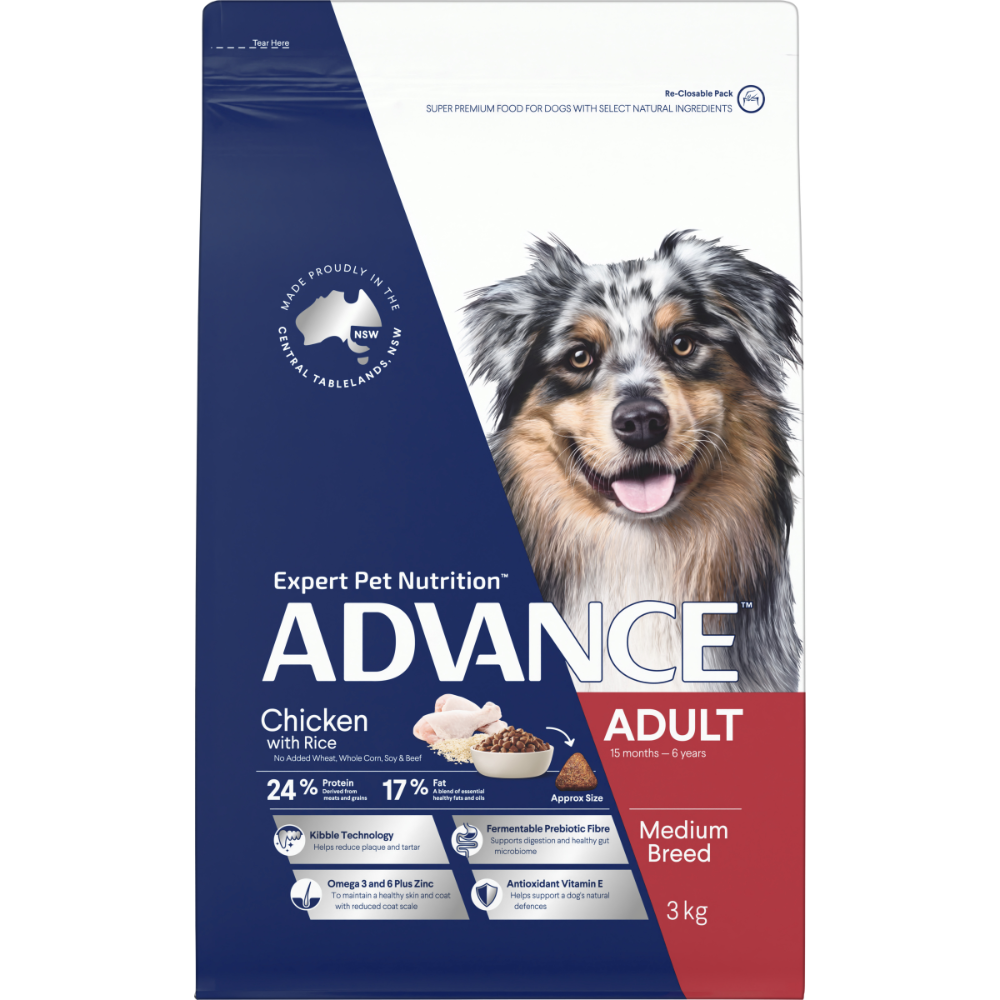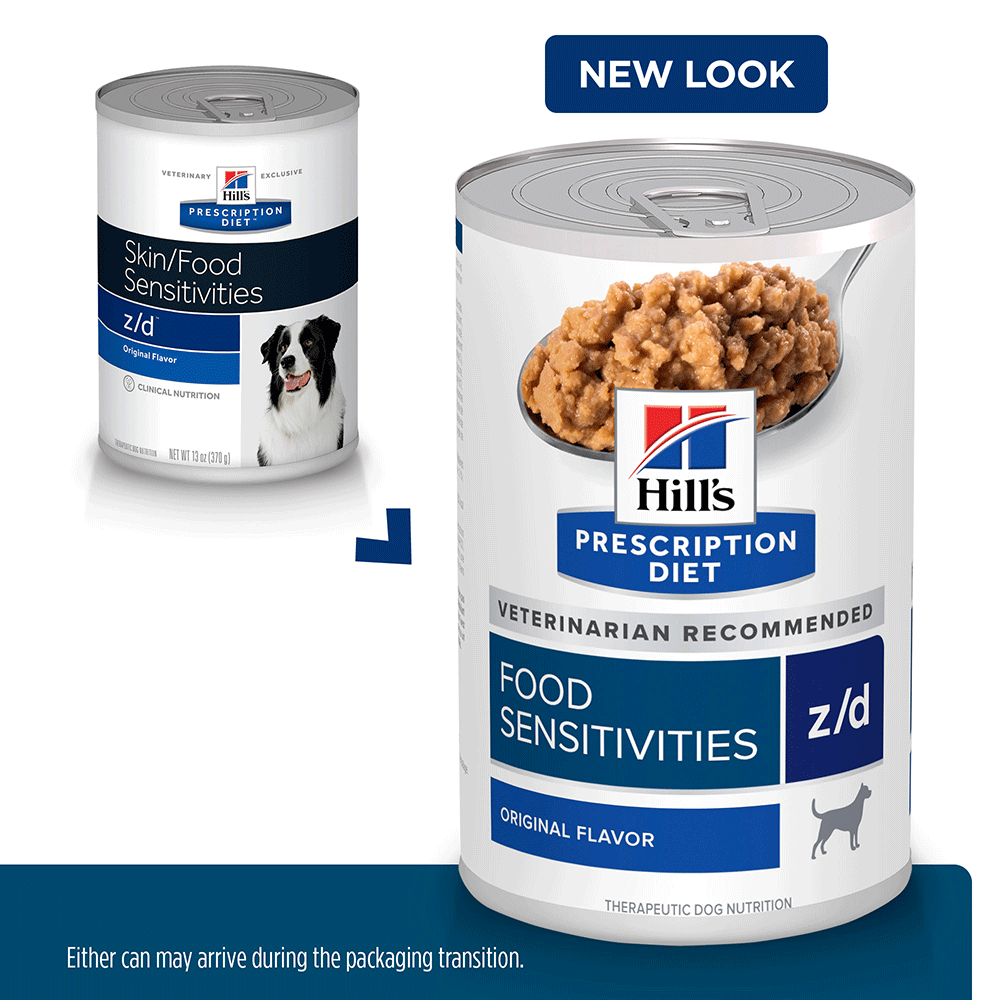The Scoop On Your Dog's Poop
This article is written by Pet Circle veterinarian,
Cleaning up after your dog may not be one of the most glamorous parts of pet ownership. In fact, at times, it can be smelly and gross!!
Despite this, your dog's poop can tell you a lot about their current digestion and overall health, so it is important to know what to look out for.
Check out the poo chart below, see how your dog scores and discover what your dog's poo is telling you!

Type 1: Constipation

If your dog is producing hard, pellet-like poos then they are likely suffering from constipation. Constipation is the infrequent or difficult passage of faeces. It is common for dogs suffering from constipation to strain and pass small hard and dry pellet-like faeces, which can be painful. As the colon's main function is to absorb water from the digestive tract, faeces that is retained for an extended period of time, becomes hard and dry, making it more difficult to pass.
Pets with severe constipation may becomes obstipated, which is where they are unable to pass faeces or gas. This can be very painful and requires immediate veterinary treatment to remove the backed up faeces.
Common Causes of Constipation:
- Diet
- Feeding Bones
- Dehydration
- Medication
- Foreign body or obstruction
- Megacolon
- Inadequate exercise
- Pain that makes defecating difficult- arthritis, anal gland issues etc
- Other medical conditions
- Diarrhoea for longer than 2 days
- They are a puppy
- Lethargy
- Inappetance
- Vomiting
- Blood or Mucous in faeces
Any dog suffering from chronic signs of constipation should be seen by a veterinarian. Your veterinarian may prescribe medication or a laxative to help keep things moving. In severe cases an xray and enema may be required.
Feeding bones, cooked or uncooked is one of the most common causes of constipation in dogs. Small pieces of bone can become lodged in the large intestine, making passing faeces difficult and painful. Due to the risks associated with bones, many vets recommend against feeding bones to dogs. Try a safer option such as dental chews, long lasting treats or interactive toys.
Feeding a premium diet can be a great way to improve your dogs stool. Premium diets are complete and balanced and have the addition of fibre, and pre and pro-biotics to boost healthy digestion and stool consistency.
Regular exercise helps to keep things moving and promotes a healthy digestive tract. Ensure that your dog is staying hydrated, especially during periods of exercise to decrease the risk of dehydration. You may want to consider the addition of a water fountain in your home, to help increase water intake. Wet Food or broths can also be added to your dogs diet to boost their water intake.
Looking for more information on the dangers of feeding bones to dogs? Read our veterinary written article Are Raw Bones Safe For Dogs?.
Type 2: Mild Constipation
If your dog is producing sausage shaped poos which are a little lumpy, then they may be experiencing some mild constipation. These dogs often do not suffer pain when passing faeces but could benefit from supplementation to increase moisture and make toileting a little easier.
As well as feeding a premium diet, these dogs may benefit from the addition of a fibre supplement such as psylium husk or Field Day: Digestion and Gut Support. Fibre in the diet attracts water into the colon and helps to soften faeces for easier passing.
Type 3 & 4: The Perfect Poo

Congratulations!! Your dog is passing the perfect poo!! Healthy dogs produce formed faeces which is easy to pass and can be picked up, without leaving residue or falling apart. Some dogs may pass a softer formed poo temporarily after consuming a different treat or food. This is due to a mild change in digestion and will often return to normal within a few days.
Type 5, 6, 7: Diarrhoea
Most dogs will suffer from diarrhoea or loose stool at some point in their life. Diarrhoea is the passing of soft or watery faeces, with increased frequency and water content.
For dogs that are suffering from a small bout of diarrhoea but are otherwise well, a diet of boiled chicken and rice, or a gastrointestinal diet recommended by your veterinarian, can help settle things down. Dogs will often respond well to probiotic supplements, which help to re-establish the good gut bacteria and aid in digestion.
For dogs suffering from diarrhoea showing any of the below signs, they should be seen by a veterinarian immediately. Your veterinarian may need to run further tests to get to the bottom of the cause of their diarrhoea.
When Your Dog Should See The Vet:
Dogs that experience diarrhoea may be prone to dehydration, due to the high water loss. This is especially true for puppies as a result of their immature immune systems and limited reserves. It is for this reason that all puppies should see the vet immediately if they have diarrhoea, especially due to the risk of parvovirus in young pups.
Common Causes of Diarrhoea
Diet Change

A sudden change in diet, whether this be a change in their meal or a favourite treat, can cause an upset tummy resulting in diarrhoea or vomiting. This is especially common for puppies due to their sensitive digestion and tiny tummies! Avoid changing your dog's diet suddenly and if starting on a new food, it is best to transition your dog slowly over a 7 day period.
Looking for more information on how to transition your dog's diet? Read our veterinary written article How To Introduce A New Food To Your Pet.
Dietary Indiscretion

Dogs love to eat things that they shouldn't. In some cases this can result in an upset tummy and diarrhoea.
It is best to avoid giving your dog access to fatty food, whether this is something they are retrieving from the bin, fatty offcuts or something from a family BBQ. Some dogs can be sensitive to fatty meats such as sausages or offcuts, causing them to develop pancreatitis which can be a serious illness requiring veterinary treatment and lifelong management.
Food Intolerances or Allergies

Dogs that suffer from on and off bouts of diarrhoea or vomiting may be suffering from a dietary or food intolerance. Intolerances in dogs can develop over time, even in pets that have been fed the same diet their whole lives.
These dogs may benefit from a hypoallergenic, novel protein or sensitive stomach diet.
For more information on Food Intolerances read our veterinary written article Hypoallergenic Dog Food.
Parasites

Intestinal parasites such as hookworms, whipworms, roundworms, coccidia and giardia, can be a common cause of diarrhoea in dogs. Dogs may contract worms by encountering other infected animals, drinking contaminated water or eating food that contains a worm parasite. It is recommended to worm adult dogs every 3 months, while puppies who are particularly susceptible to intestinal worms, are recommended to be wormed more regularly.
For more information on preventing intestinal parasites in your dog read our veterinary written article Flea, Tick and Worming Guide For Dogs.
Shop All Dog Flea and Worming Products
Bacterial and Viral Infections

Bacterial or viral infections are a common cause of diarrhoea. Parvovirus is a viral infection that can be life-threatening especially in puppies. Puppies and dogs can be protected against parvovirus by ensuring they are up to date with vaccinations. Unvaccinated animals do not need to interact with other animals to be a risk, and can be infected by coming into contact with contaminated soil at the park or on a walk.
Dogs that consume raw meat have been shown to be at more risk of being exposed to bacteria which can cause diarrhoea. All raw meat can harbour harmful pathogens, regardless of whether it is sold for humans or for pets. Even when the best hygiene practices are followed, contamination can occur at any point in the meat-production process or storage of the product. Studies have shown that dogs that are fed a raw diet are at risk of picking up Salmonella, which they can shed in their faeces, also putting owners at risk of exposure.
For more information on the Pros and Cons of Feeding Your Pet a Raw Diet read our veterinary written article Should You Feed Your Pet a Raw Meat Diet?.
Further Reading
Premium Pet Food: Is It Worth It?
Flea, Tick and Worming Guide For Dogs
Top Tips For Travelling With Your Dog
Want to know more? Check out our Discover Page for more tips on keeping your pets happy and healthy.



































